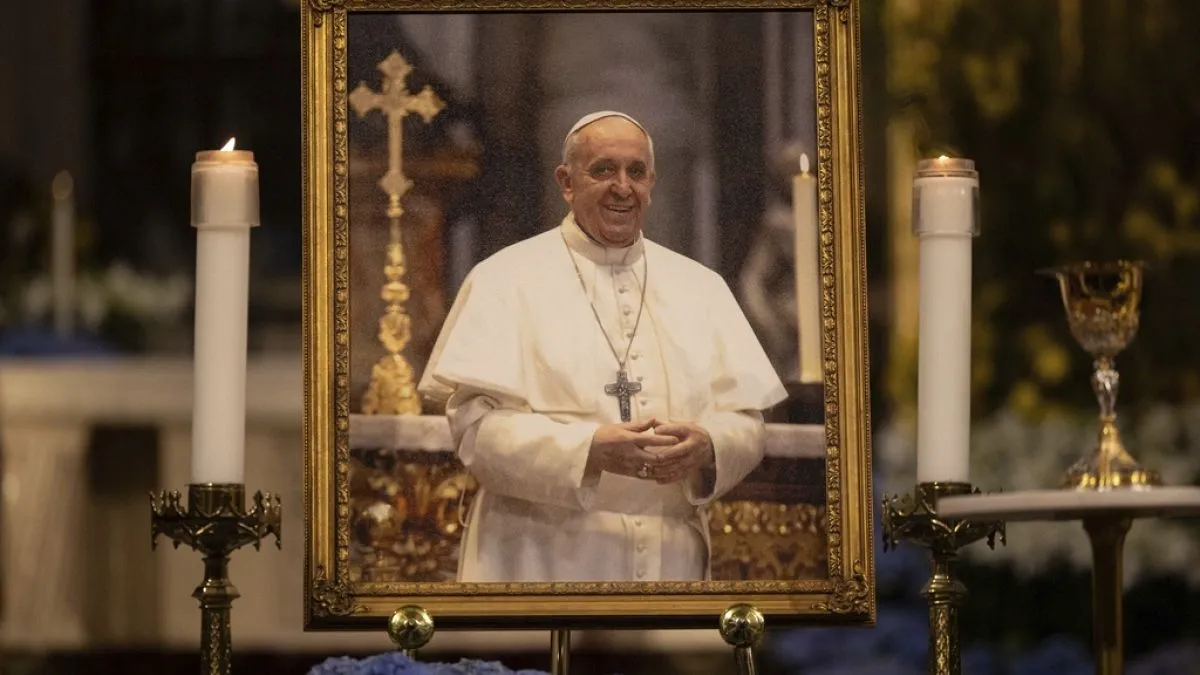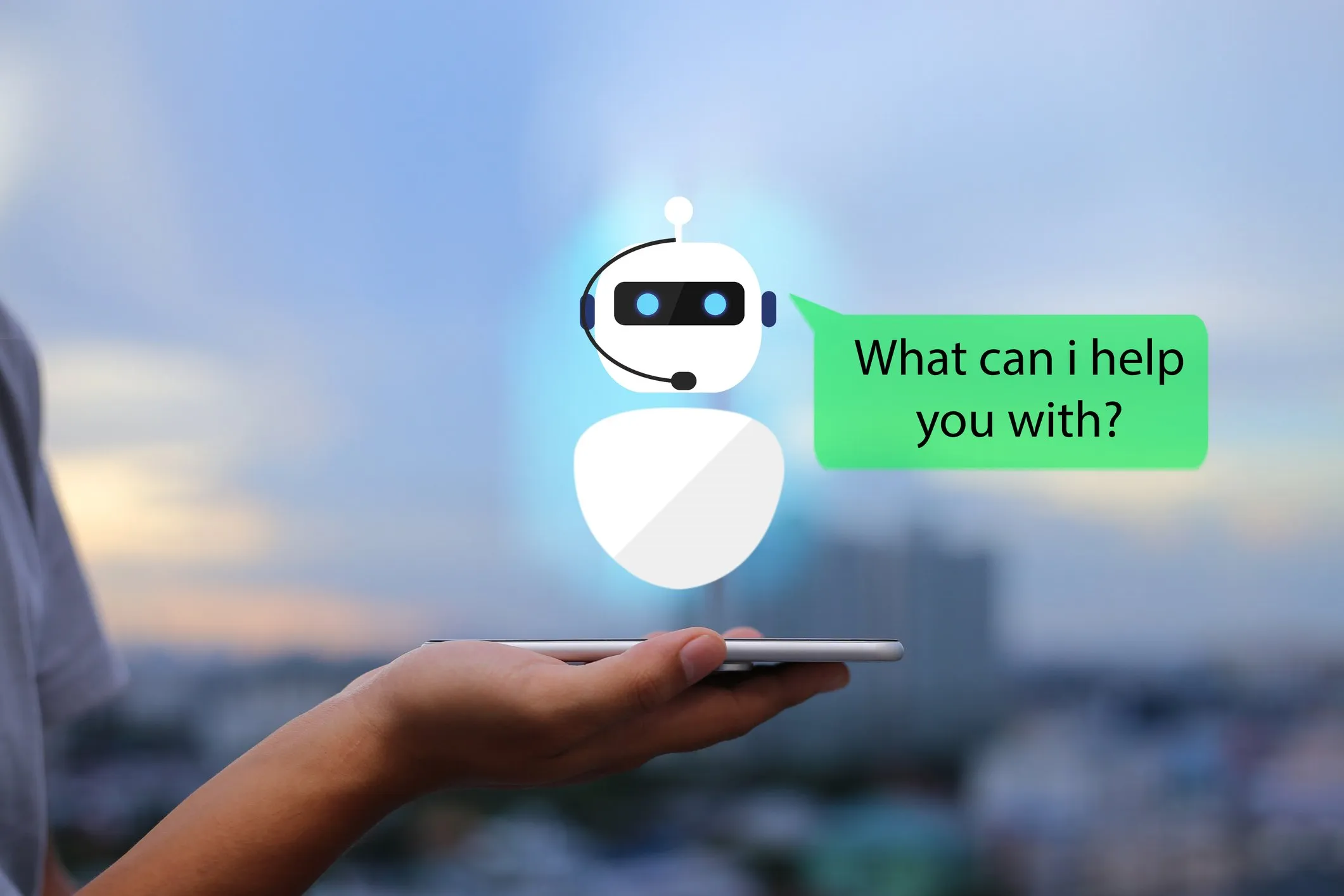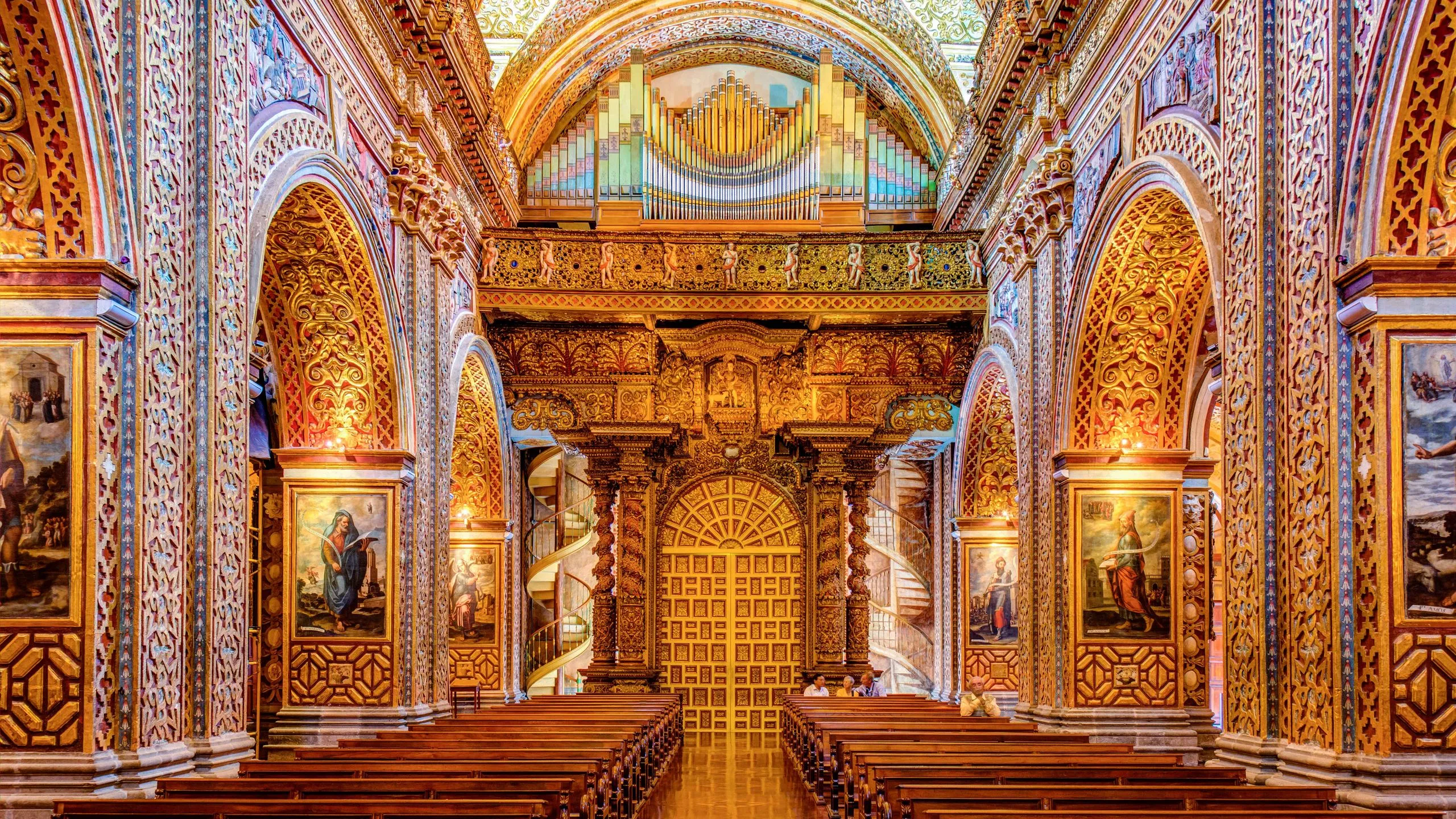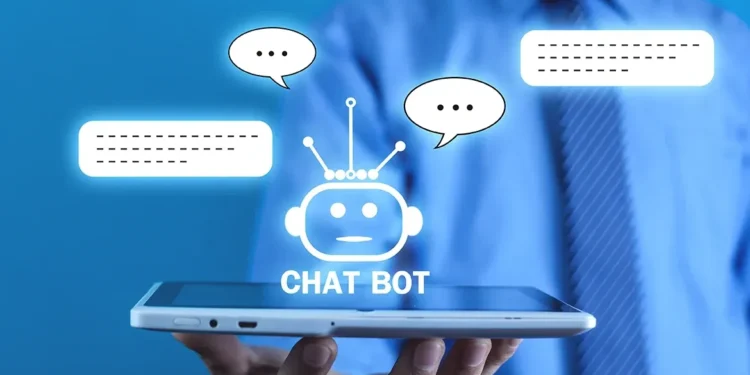The sudden death of Pope Francis on April 21 has triggered a wave of speculation over who will succeed him as the leader of the Catholic Church. While many are in mourning, others are eagerly watching the race for the papacy unfold. Vatican insiders, bookmakers, and now even AI chatbots are joining the conversation to predict who might step into the shoes of one of the most influential religious leaders in the world.

But despite the advanced data analysis capabilities of AI, predicting the outcome of the papal election has proven to be an incredibly difficult task. The process by which Catholic cardinals elect a new pope is notoriously secretive, complex, and unpredictable, making it a near-impossible event for even the most advanced algorithms to forecast accurately.
Mixed Results from AI Predictions: Who Will Be the Next Pope?
AFP reached out to four leading AI chatbots, including OpenAI’s ChatGPT and Elon Musk’s Grok, to gauge their predictions for the next pope. The results, however, were far from conclusive.
Grok and Google’s Gemini were in agreement that Cardinal Pietro Parolin, the Vatican’s second-in-command during most of Pope Francis’s papacy, was a strong contender. “Based on current analysis and prominent discussions, Cardinal Pietro Parolin emerges as a strong contender,” said Gemini.
Yet, ChatGPT, a leading AI platform developed by OpenAI, had a different pick for the papacy. According to ChatGPT, Cardinal Luis Antonio Tagle of the Philippines stands out as a leading candidate, especially considering the direction the Church has taken under Pope Francis. “If I had to make a prediction based on current trends, influence, and the direction the Church has taken under Pope Francis, Cardinal Luis Antonio Tagle stands out as the most likely candidate,” said ChatGPT.
Cardinal Tagle is often referred to as Asia’s frontrunner for the papacy and, much like Pope Francis, is known for advocating for the poor, migrants, and marginalized communities. His profile fits with the kind of leadership the Church has seen under Pope Francis, making him a logical choice for many observers.
Despite these varied opinions, one common thread runs through the AI’s responses. They all pointed out the complexities involved in predicting such an important and secretive event.

AI Acknowledges the Limits of Predicting the Next Pope
Each AI chatbot emphasized that forecasting the outcome of the papal election requires more than just analyzing data. Google Gemini highlighted that predicting the next pope involves “factors that go beyond data analysis,” such as the cardinals’ theological stances, age, experience, and the overall secrecy surrounding the vote.
“It’s important to understand that while AI can analyze data and identify patterns, predicting the next Pope involves factors that go beyond data analysis,” said Gemini.
ChatGPT also stressed that its prediction was not meant to be taken as a definitive forecast. “It’s important to understand that my guess is not a prediction in the crystal ball sense,” said ChatGPT. “This is more of a ‘here’s what the cardinals might consider’ kind of thing.”
The AI’s careful wording underlines the uncertainty and the unpredictable nature of the papal election process. AI chatbots may be able to analyze trends, but the decision-making process is still influenced by deeply human, theological, and political factors that cannot be easily modeled or predicted.
Meanwhile, Mistral AI, a French AI company, refused to engage in any speculation on the next pope. “I don’t have the ability to predict or speculate on who the next Pope will be,” the company said. Mistral took a more cautious approach, advising users to rely on “reliable news sources” for the most accurate and up-to-date information.
The Challenges of AI in Predicting Religious Leadership
The challenges that AI faces in predicting the next pope underscore a larger issue with the limits of machine learning when it comes to human decision-making in complex, highly secretive, and emotionally charged situations. Despite the incredible advancements in AI technology, predicting something as nuanced and culturally significant as the election of a pope is a task that goes beyond data crunching.

The selection of the pope involves a host of factors, including the theological preferences of the cardinals, the Church’s political climate, and even the cultural and historical considerations that guide the voting process. AI may be able to analyze patterns in previous papal elections, but it cannot account for the intangible human elements that shape the decision-making process.
Why AI Can’t Predict the Next Pope: The Complexity of the Papal Election Process
As the race for the next pope heats up, it’s clear that AI, while impressive, still has its limitations when it comes to forecasting outcomes in religious and highly secretive elections. The complex, multi-layered process that leads to the selection of a new pope is too opaque and multifaceted for even the most advanced algorithms to fully grasp.
Ultimately, as AI continues to evolve, it will have a role to play in analyzing trends and providing insights into potential outcomes. However, when it comes to predicting something as culturally significant as the next pope, it’s still very much a game of human judgment, intuition, and, of course, faith.










